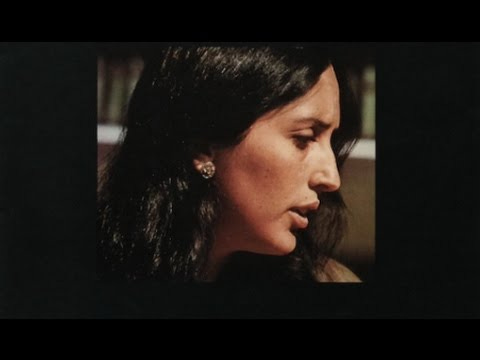I’ve always loved music, but it was my best friend who introduced me to folk music. She also taught me how to play the guitar. I was never very good at it—my natural clumsiness is something that not even years of practice at dancing and the piano could overcome. But I enjoyed playing the guitar, and I enjoyed singing, which I can do at least passably. My best friend and I spent many happy hours singing folk songs.
It was her father—an English professor at BYU—who introduced her to folk music. He had a large collection of LPs, including the albums of Joan Baez, who sings the version of this ballad that my best friend learned and taught to me.
“Henry Martin” was labeled ballad number 250 by Francis James Child, a 19th-century American scholar who made it his life’s work to collect folk ballads, which he viewed as important to understanding the growth of skilled expression in the English language and also a more democratic form of popular culture, engaged in by all levels of society.
The historical events that inspired a ballad are often difficult to track down, but in the case of “Henry Martin,” the ‘origin story’ is known. Sir Andrew Barton was a Scottish privateer, sailing under a letter of marque originally granted by James III of Scotland to his father. As with many privateers, he was not always particular about the targets of his officially-sanctioned piracy, and he finally met his end fighting an English ship in 1511.
The ‘folk process’—as it always does—made changes to more than the main character’s name. The ballad positions him as the youngest of three brothers, not the oldest (as he actually was). The outcome of the battle with the English vessel—positioned here as his very first act of piracy—is given a happy ending (for him, not for the English). And the song introduces a kind of fatalism, not uncommon in Scottish songs and stories, into his choice of a life of piracy: having him selected by lot.
Although it may seem odd, I used to sing this song to my children as a lullaby. Despite the subject of the tale, I find the minor tune very soothing. (It did, in fact, soothe them to sleep!)
There once were three brothers in merry Scotland,
In merry Scotland there were three,
And they did cast lots which of them should go
Should go, should go
And turn robber all on the salt sea.The lot it fell first upon Henry Martin,
The youngest of all the three,
That he should turn robber all on the salt sea
The salt sea, the salt sea
For to maintain his two brothers and he.They had not been sailing but a long winter’s night
And a part of a short winter’s day
When he espied a stout lofty ship
Lofty ship, lofty ship
Come a-bibbing down on him straightway.“Hello, hello,” cried Henry Martin,
“What makes you sail so nigh?”
“I’m a rich merchant ship bound for fair London Town
London Town, London Town.
Won’t you please for to let me pass by?“Oh no, oh no,” cried Henry Martin,
“This thing it never could be!
For I have turned robber all on the salt sea
The salt sea, the salt sea,
For to maintain my two brothers and me.“So lower your tops’l and brail up your mizz’n
And bring your ship under my lee,
Or I will give to you the full cannon ball
Cannon ball, cannon ball,
And all your dear bodies drown in the salt sea.”“Oh no, we won’t lower our lofty topsail
Nor bring our ship under your lee,
And you shan’t take from us our rich merchant goods
Merchant goods, merchant goods
Nor point our bold guns to the sea.”Then broadside and broadside and at it they went
For fully two hours or three,
Till Henry Martin gave to them the death shot
The death shot, the death shot,
And straight to the bottom went she.Bad news, bad news to old England came,
Bad news to fair London Town:
There’s been a rich vessel and she’s cast away
Cast away, cast away,
And all of her merry men drowned.
Thoughts?




Someone better get busy and write a catchy tuna folk song about the new, very organized, very lucrative slave trade entrenched in America now. Linked below is a Praeger U short basic breakdown of what the Cartels are busy doing in the US. Stupid stupid Woke idiots are worried about black slave reparations from 150 years ago while a brand new slave trade in illegal immigrants is flourishing right under their punk assed noses................
https://www.youtube.com/watch?v=crVG6eIW_cg&t=168s
Folk songs are such a cultural unification of specific group experience. I have always felt them to be powerful windows into otherwise unexpressed feelings. Sometimes folks songs are the only way for certain collective voices to be made known. Oliver Anthony's Rich Men North of Richmond comes to mind as a most immediately relevant folk song today.